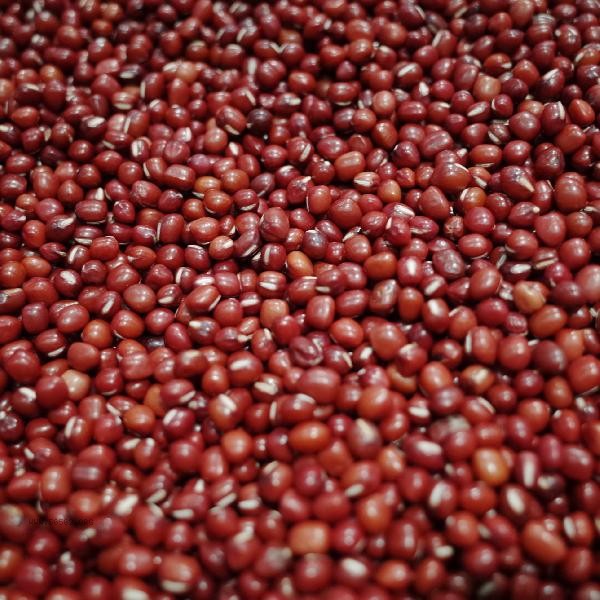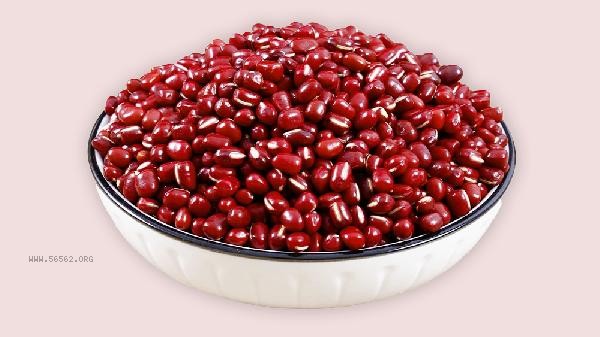Moderate consumption of red beans after childbirth generally does not cause bloating, but excessive consumption may increase gastrointestinal burden. Red beans are rich in dietary fiber and high-quality protein, which helps promote postpartum recovery. When digestive function is weak or there is gastrointestinal sensitivity, intake should be controlled. Red beans are rich in dietary fiber, which can promote intestinal peristalsis and help prevent postpartum constipation. Dietary fiber absorbs water and swells in the intestines, which may cause some people to feel full, but normal consumption does not directly lead to bloating. The oligosaccharides in red beans may be fermented by gut microbiota to produce gas, but their impact on most people is relatively small. It is recommended to soak the red beans thoroughly and cook them thoroughly to destroy some gas producing factors, and to consume them together with easily digestible foods.

Some parturients may experience reduced gastrointestinal motility due to hormonal changes, or incomplete recovery of intestinal function after cesarean section. Eating a large amount of red beans may lead to bloating. Such people can preferentially choose peeled red beans or Red bean soup to reduce fiber intake. Traditional Chinese medicine believes that red beans have a mild and sweet taste, which is beneficial for reducing swelling and promoting diuresis. They are suitable for postpartum obesity, but for those with spleen and stomach deficiency and cold, they need to be cooked with ginger as an isothermal ingredient. Postpartum diet should pay attention to balanced nutrition, and red beans can be regularly consumed as a high-quality source of plant protein. It is recommended to start with a small amount, observe individual tolerance, and avoid adding too much sugar when cooking. If there is obvious bloating, you can pause consumption and engage in appropriate activities to promote digestion. breastfeeding women need to ensure a daily water intake to help their dietary fiber function. When experiencing persistent bloating or indigestion, it is recommended to consult and rule out the possibility of other gastrointestinal diseases.










Comments (0)
Leave a Comment
No comments yet
Be the first to share your thoughts!